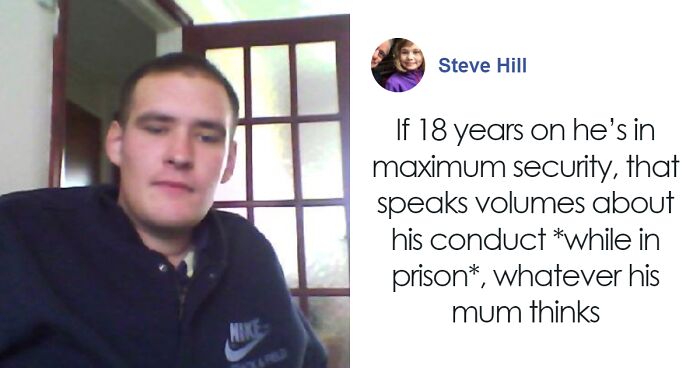
Teen Jailed For 18 Months Over McDonald’s Fight Still In Prison 18 Years Later, Mom Asks For Help
Interview With ExpertArticle updated at 3:10 P.M. GMT-3 with comments from Andrea Coomber KC, Chief Executive of the Howard League for Penal Reform
A man who was jailed with a minimum sentence of 18 months is still in prison 18 years later for robbery and a fight he was involved in as a teenager.
Luke Ings, aged 36, was handed an Imprisonment for Public Protection (IPP) sentence for street robbery and a fight in McDonald’s when he was 17.
- Luke Ings has been in prison for 18 years despite his sentence having a minimum term of 18 months.
- IPP sentences, applied between 2005-2012, have no set end date, meaning prisoners can be jailed indefinitely.
- Nearly 3,000 prisoners in England and Wales are still under IPP sentences, unsure of their release date.
- IPP sentences are described as "inhumane" and pose significant mental health risks, leading to high rates suicide.
IPP sentences, in force in the UK between 2005 and 2012, were intended for offenders who had committed serious crimes and posed a significant risk to society.
Prisoners with IPP sentences received a minimum period after which they could be released under strict license conditions, but they had no set end date; they could be jailed until a parole board concluded that they could no longer cause serious harm to the public.
Luke Ings is serving an indefinite prison sentence known as IPP after being jailed as a teen for street robbery and a fight at McDonald’s
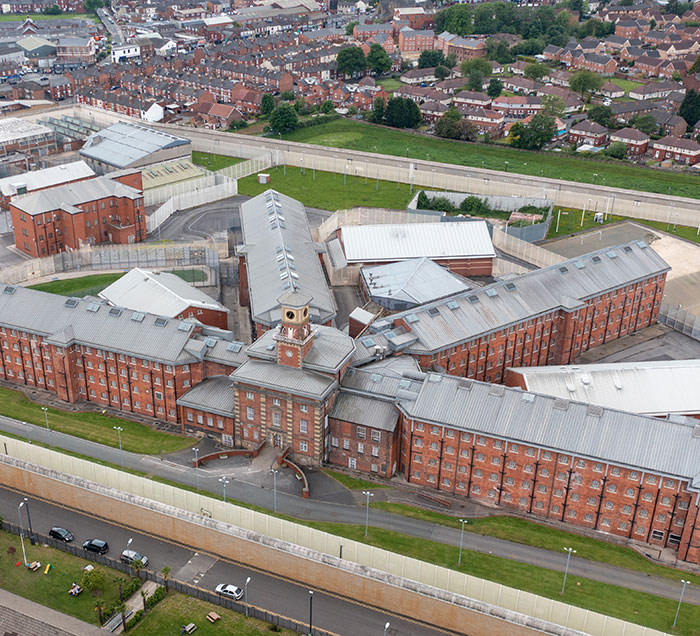
Image credits: Duncan/stock.adobe.com
These sentences were abolished in 2012 when the government determined they were “not defensible” amid human rights concerns for the prisoners’ mental health.
However, it was determined that those who had previously received an IPP sentence still had to be subject to it.
Nearly 3,000 prisoners in England and Wales remain in prison under IPP sentences, not knowing when they’ll be freed,The Independent reported.
Ings, from Bracknell, Berkshire, South East England, is serving his indeterminate IPP sentence at HMP Wakefield, a category A men’s prison that is home to a large number of high-risk murderers and sex offenders.
Ings, now 36, was given an Imprisonment for Public Protection (IPP) sentence, which had a minimum term of 18 months but no set end date
Image credits: Luke Ings
“It’s wrong, they need to sort this out,” Ing’s mother, Samantha, told the outlet.
“I understand if they had murdered someone or raped someone. My son was in a fight at McDonald’s and a street robbery.
“He was 17 years old, and my mum had died two weeks before that. He went off the rails. I don’t know what else to do to get him out.
“There is no light at the end of the tunnel for him.”
Samantha told the outlet she still keeps his son’s clothes in a drawer in the hopes that he’ll come home one day.
Image credits: ITV Meridian
The IPP sentence has affected his family in many ways, including Ings not being able to see his younger sister grow up and missing special family celebrations.
“My little girl, she was seven months old when he got put in prison. It’s so unfair she’s missed 20 years of her brother,” she said.
“It’s horrendous the way that they have treated them, and I know it’s not just him. It’s like our family’s not whole. We are missing someone – every Christmas, every birthday, every Easter, any time we get together – he’s missing.”
Last year, probation recommended him for release, but the parole board later denied his request.
“I can’t understand it. They are just finding reasons to not let him have parole. It’s a joke. It’s about time somebody gave him a break and let him come home.”
“He was 17 years old, and my mum had died two weeks before that. He went off the rails. I don’t know what else to do to get him out,” said Ing’s mother, Samantha
Image credits: ITV Meridian
Ings, who has been diagnosed with autism, is not receiving the mental support he needs in the prison, his mother said.
“We get these prison reports that state that because of his behavior there they cannot release him.
“When you get these reports from the prison it’s what they want to write down and everyone believes them but no one bothers to go and speak to Luke and find out what is going on.”
IPP sentences also pose significant mental health risks for prisoners. Dr. Alice Jill Edwards, the UN special rapporteur on torture,described these punishments as “inhumane” and as forms of “psychological torment.”
“People on IPP sentences must satisfy the Parole Board that it is no longer necessary for the protection of the public for them to be confined. And yet, few have access to the rehabilitation programs that are needed to demonstrate that reduction in their risk to the public,” Dr. Edwards stressed.
After being released, IPP prisoners can be recalled back to prison for being late for an appointment or for admitting to feeling suicidal to a probation officer, Dr. Edwards explained.
Image credits: Sam Ings
Bored Panda consulted Andrea Coomber KC, Chief Executive of the Howard League for Penal Reform, via email about IPP sentences. The organization focuses on penal reforms in England and Wales and operates independently of the United Kingdom government.
The lawyer believes that these sentences represent “the greatest single stain on our criminal justice system.”
“Although the sentence was abolished almost 12 years ago, thousands of people remain in its grip with their lives having been made a misery.
“They are living with sentences that literally are without an end date, with all the uncertainty, anxiety and anguish that brings. And until now, when these people have been released, they have faced 10 years on licence, with the prospect of recall hanging over their heads.”
IPP prisoners are two-and-a-half times more likely to self-harm than the general prison population,The Guardian reported.
At least 90 prisoners have committed suicide in jail after spending years waiting for a moment they were never certain would come. Other 30 cases of suicide were reported within the IPP population that was released.
IPP sentences were abandoned in the UK in 2012, but those who had received them prior to the change were not allowed to have their sentences reviewed
Image credits: JamesSunderl
David Blunkett, the Labour home secretary who introduced IPP in 2005, has since sought reform for it,admitting in 2021 that he “got it wrong.”
IPP sentences will be undergoing changes under theVictims and Prisoners Act 2024.
When implemented, the new measures will reduce the qualifying period for license review by the Parole Board from 10 years to three years and include a presumption that the IPP license will be terminated by the Parole Board at the end of the three-year period.
Additionally, the act grants the Secretary of State for Justice new authority to refer release decisions by the Parole Board to the High Court for reconsideration.
Dr. Alice Jill Edwards, the UN special rapporteur on torture, described these punishments as “inhumane” and forms of “psychological torment”
Image credits: UN Human Rights Council
According to Coomber, the license reform is not enough to change the lives of the thousands of IPP prisoners in the UK.
“Imminent changes to licence termination are a step in the right direction and will end the ordeal for some, but further action is needed. There are more than 1,100 people who have never been released; all but a handful are over tariff [minimum sentence] and around 700 have been in prison for more than 10 years over their original tariff.
“At a time when prisons are full, the government should be prioritising the release of people who have more than served their sentence. It needs to better support IPPs in prison to prepare for release and to accelerate their routes back into the community. This disgrace needs to end.”
Last September, Lord Woodley introduced a bill for all IPP prisoners to be resentenced. The bill also seeks to establish a time-limited expert committee, including a member of the judiciary, to advise on the practical implementation of this process.
“There’s wide support for my Bill from across Parliament and, deep down, everyone knows that resentencing is the only way ultimately to resolve this terrible miscarriage of justice,” the House of Lords member told The Independent.
“Something needs to be done about these IPP prisoners immediately,” a FB user commented
Aside from life imprisonment, there should be no open-ended sentences.
It sounds awful for the family, but I’m wondering if they’re getting the full picture. Has his behaviour whilst inside been a factor of why they are refusing parole?
Probably, but what has this system done to his mental health and thus behavior?
Load More Replies...Unbelievably cruel and ridiculous that those previously given an IPP weren't allowed to benefit from the repealing of the legislation. His behaviour might be a problem we don't know but with an IPP there's not much hope so likely considerable deterioration on mental health. Plus if his behaviour is a cause for concern what efforts are being made to help him address it? Prison is also supposed to rehabilitate but there seems to be precious little of that going on.
Aside from life imprisonment, there should be no open-ended sentences.
It sounds awful for the family, but I’m wondering if they’re getting the full picture. Has his behaviour whilst inside been a factor of why they are refusing parole?
Probably, but what has this system done to his mental health and thus behavior?
Load More Replies...Unbelievably cruel and ridiculous that those previously given an IPP weren't allowed to benefit from the repealing of the legislation. His behaviour might be a problem we don't know but with an IPP there's not much hope so likely considerable deterioration on mental health. Plus if his behaviour is a cause for concern what efforts are being made to help him address it? Prison is also supposed to rehabilitate but there seems to be precious little of that going on.

 Dark Mode
Dark Mode 

 No fees, cancel anytime
No fees, cancel anytime 







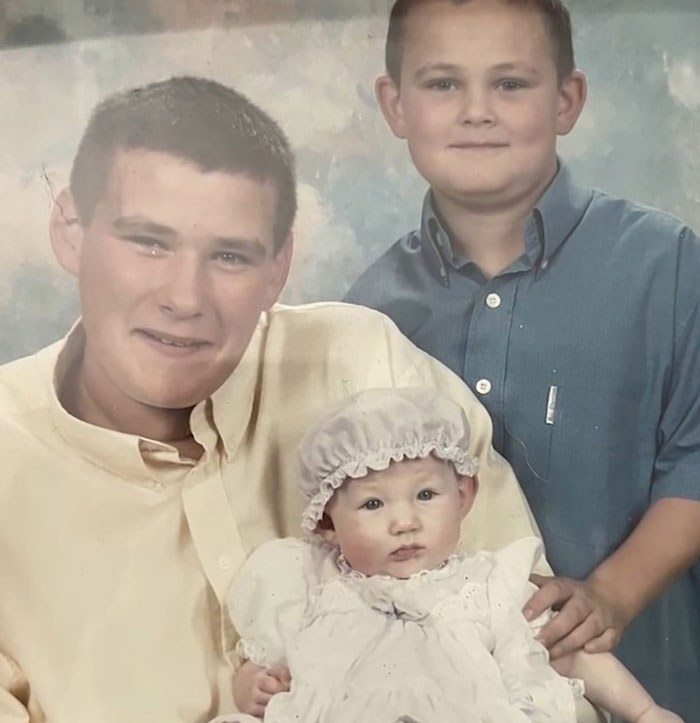
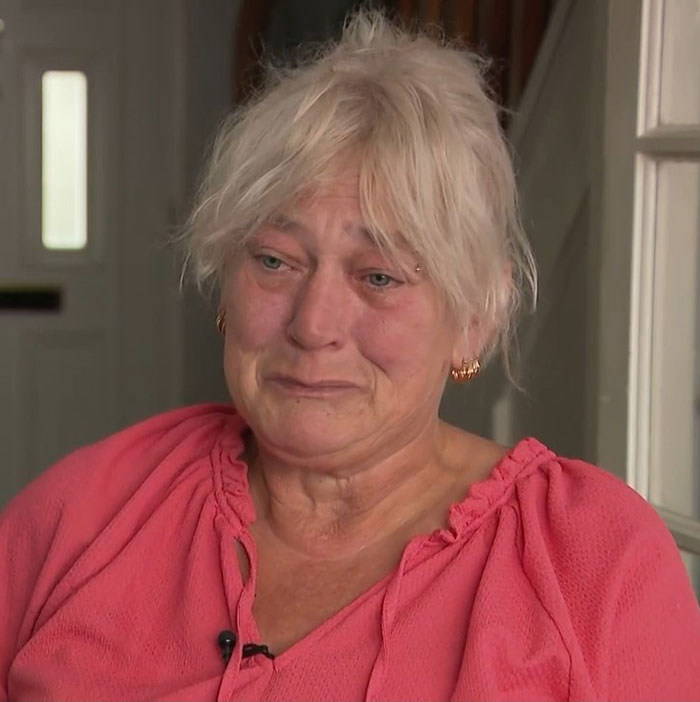
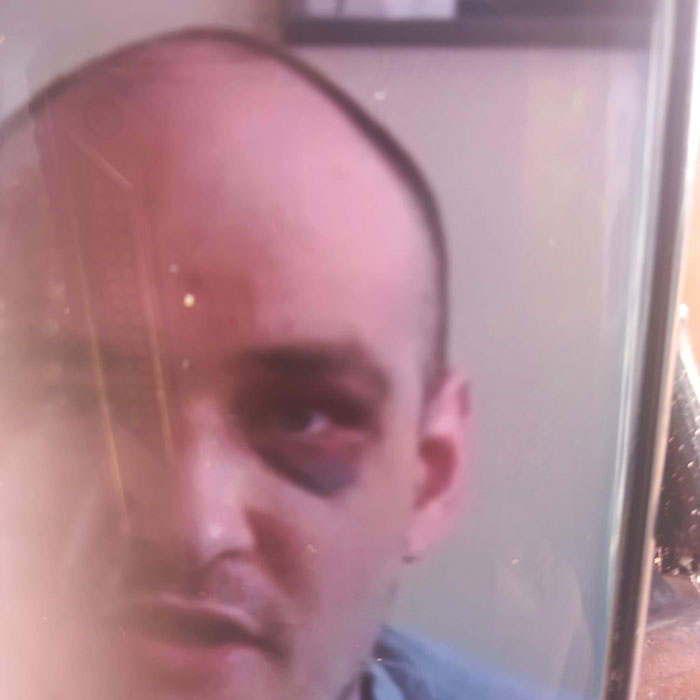
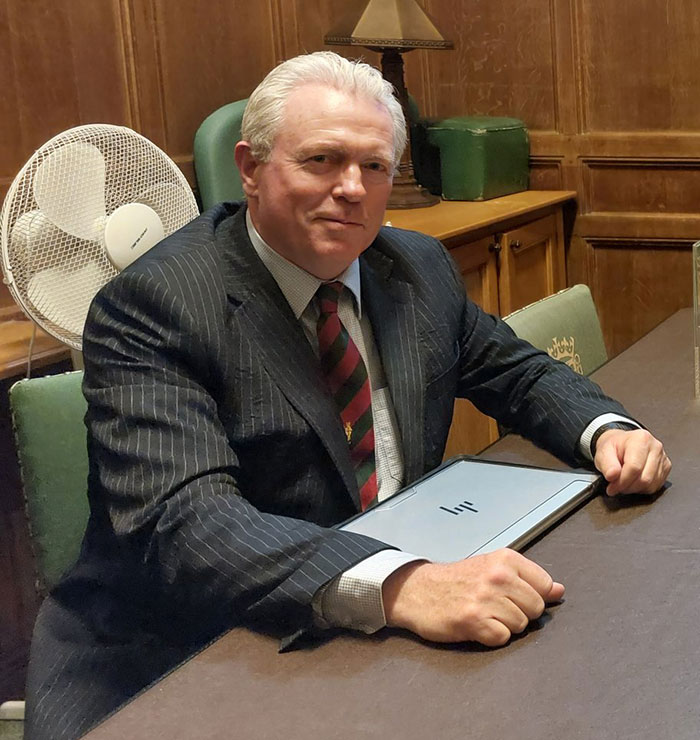
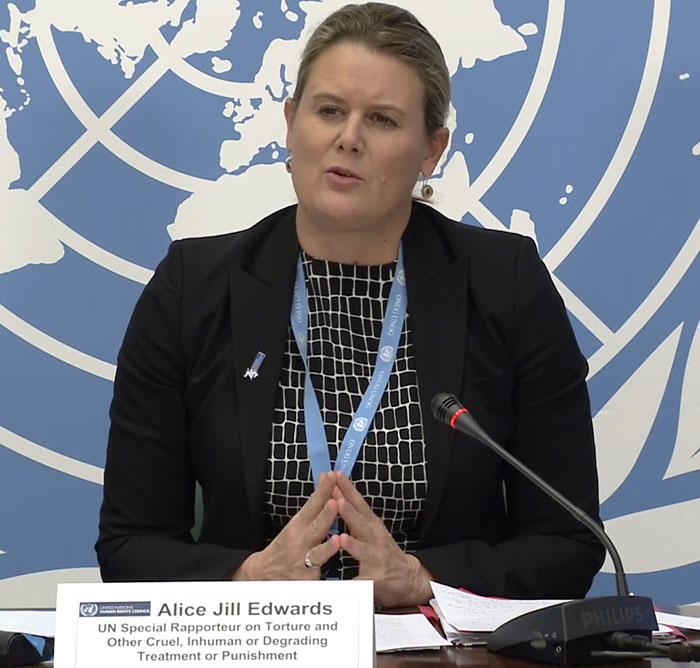

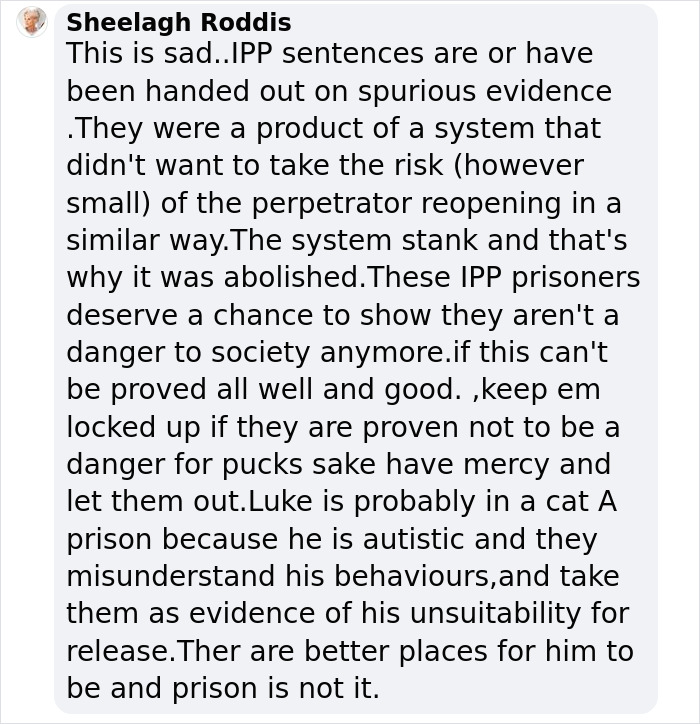

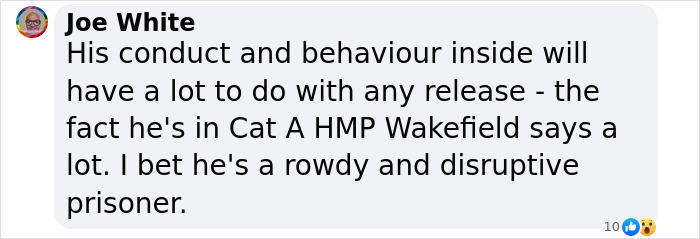


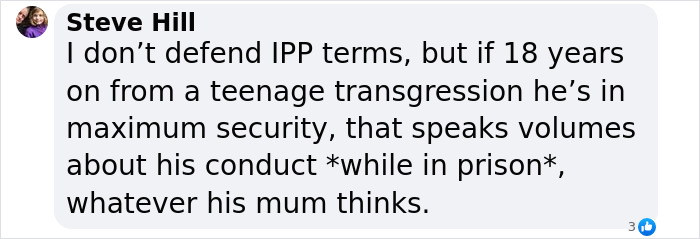




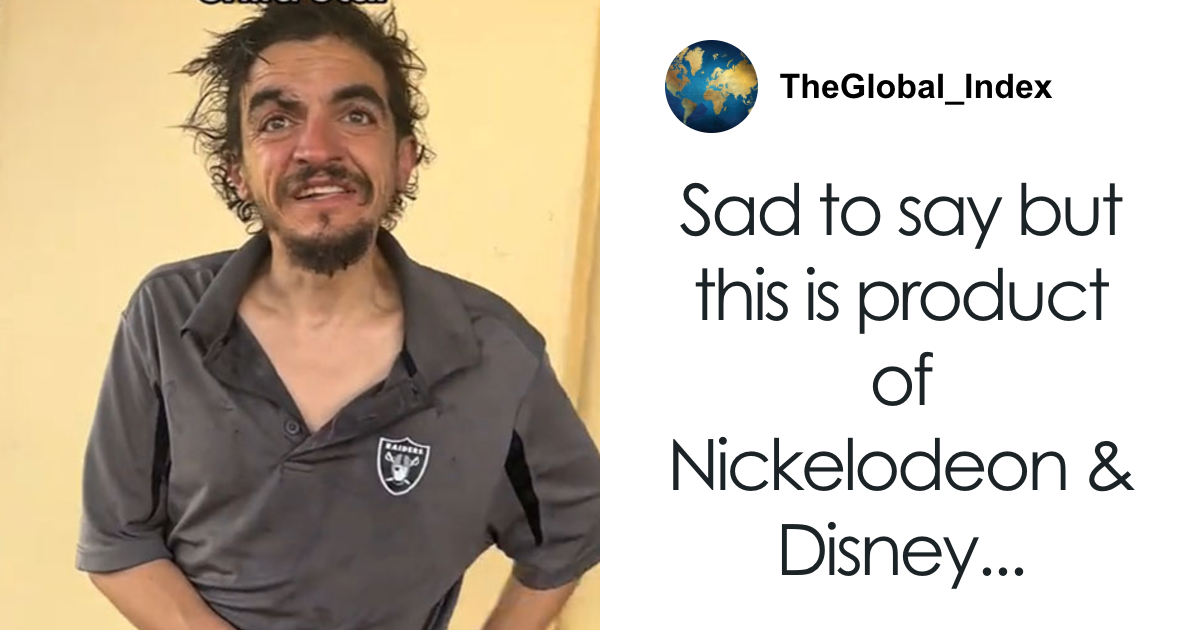


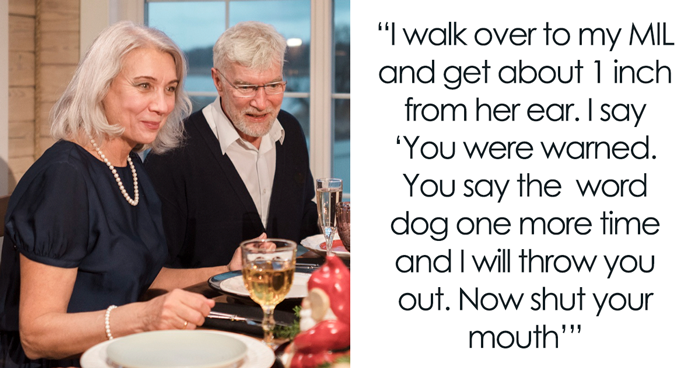



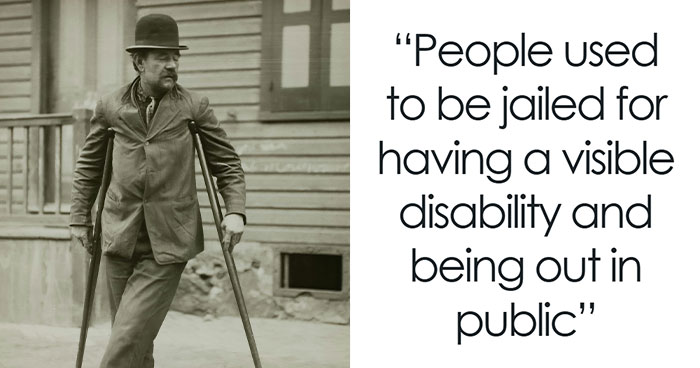
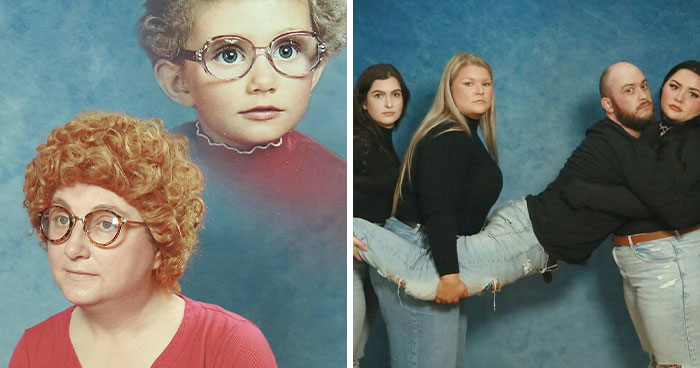































27
23